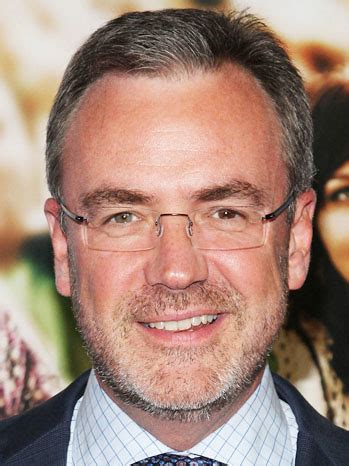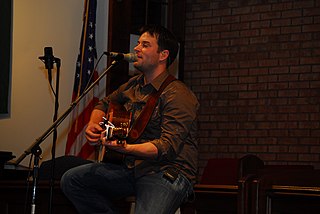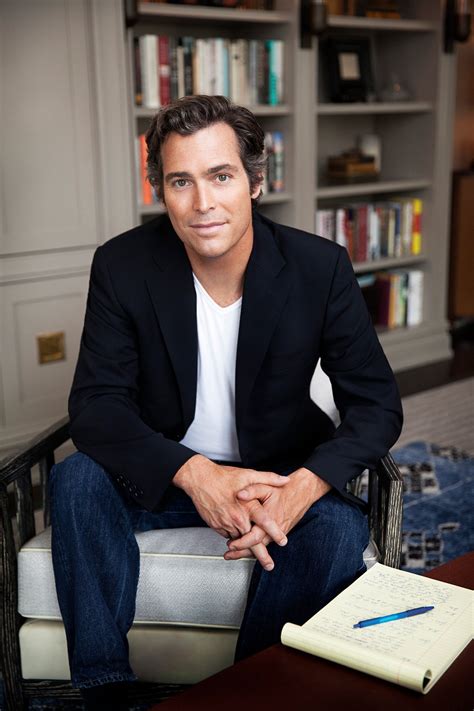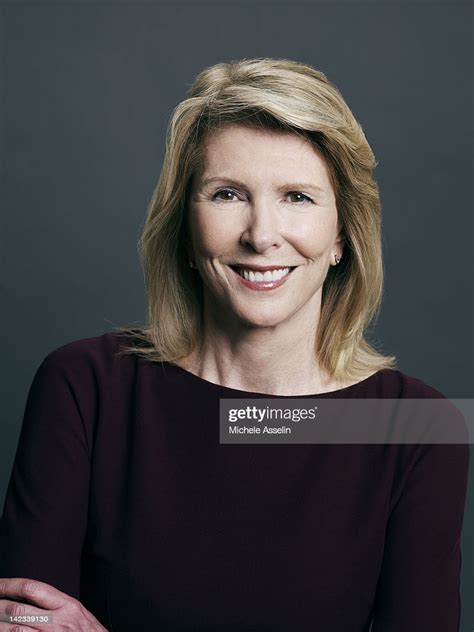A Quote by Steve Capus
I always encourage people in the early parts of their career to focus on writing. If you can communicate clearly, if you can articulate a thought, if you can write a great story, then you're going to be successful.
Related Quotes
I've always been a writer. I started getting paid for writing in college. Where it transitioned from commentary to journalism was in that shift - not wanting to write personal stories because people are hungry in not necessarily great ways for the sexy, sexy, sex work story. I was trying to shift the focus, and journalism was the tool I needed to write about people outside my own life and range of experience.
I didn't know how story worked. So, when writing the screenplay, people introduced me to the science of it. And I'm grateful. I'll probably use that information for the rest of my career, in terms of writing novels or writing stories. And then, of course, to help me live a better story, a more meaningful story
I always thought, I can't waste time, I have to do work. I also thought that I was slower than other people, that I had to concentrate more. I always thought, I'm not brilliant, I have to work. That was something I embedded in myself very early: I have to go home and write. But did I get any more work done than people like Frank O'Hara, who were always going to parties? Probably not.
One lesson I learned the hard way, early in my career, was that if I tried to write to be smart or to convey a theme or from some existing plan, the result was usually pretty boring. My intuitive move, whenever I'm considering writing something, is to steer towards what feels enjoyable. Another way of saying it is, you just try to avoid the "sucky." If you start to think of a story and a way to tell it, and your reaction is kind of like, Ugh, that's going to be hard, then you don't want to do that.
So here I am, sending a two-ounce mouse down into a dungeon with a sewing needle to save a human princess, and I don't know how in the world he's going to do it. I have no idea. That was the first time it occurred to me that writing the story was roughly equivalent to Despereaux's descent into the dungeon. I was tremendously aware of that as I was writing. I thought, "I have to be brave or else I'm not going to be able to tell it." But it's the only way that I can write. If I know what's going to happen, I'm not interested in telling the story.
Knowing that a story needs to be told is a great motivator, even if telling a given story comes at a price. Writing Hunger has been the most difficult writing of my life, and it's the rawest and perhaps most necessary. We'll see how people take it. I always strive to write beyond personal catharsis because though I write first and foremost for myself, I do recognize that I need to look outward as much if not more than I look inward, so the reader has something with which they can engage.
During my career as a standup and actor, I realized it was very frustrating for me to get hired because Hollywood was hiring a different kind of brother, you know, and I was doing political humor... In order for me to really have a long career, I'm going to have to learn how to write and produce for myself... I had no idea I was really going to like it and I'm very fortunate to be successful. But the idea was to always eventually create something for myself. That was the idea from the beginning when I went into writing and producing.
Writing for adults and writing for young people is really not that different. As a reporter, I have always tried to write as clearly and simply as possible. I like clean, unadorned writing. So writing for a younger audience was largely an exercise in making my prose even more clear and direct, and in avoiding complicated digressions.
I made multiple leaps where there were no guarantees that I was going to be successful. By the way, I was not always successful. But I think if you go into something new with an open mind, and you let people around you know what you don't know, for the most part they're going to link arms with you. So you can't plan a career so closely that you never make a move unless you know that it's going to work. There's always going to be risk involved in change.

































